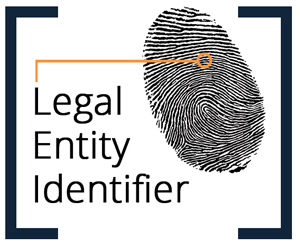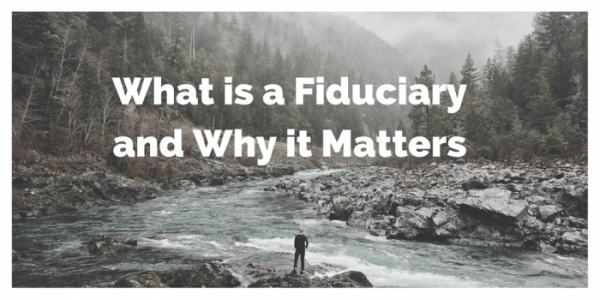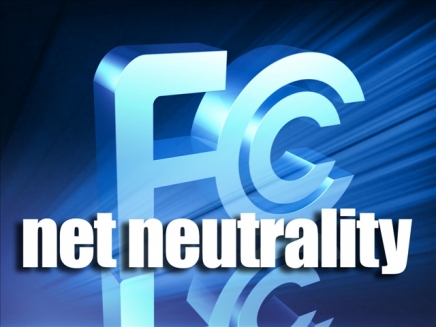– Stephen Díaz, Partner, Rimon, P.C. & Claudio Palmieri, Of Counsel Rimon, P.C. (Principal, Studio Legale Palmieri –Rimôn Italia)
On October 6, 2015, the Court of Justice of the European Union invalidated the so-called “Safe Harbor” that previously governed data transfers between the U.S. and the EU (Case C-362/14 – Maximillian Schrems v. Data Protection Commissioner, 6 October 2015).
As you already know if you read our Legal Bytes’ posting in May concerning the US-EU Data Transfer Privacy Shield, personal data cannot be transferred to from the EU to a non-European Union/European Economic Area country, unless that country can ensure “adequate levels of protection” for such personal data. While the European Commission had identified a number of countries that met the ‘adequate protection’ test, the United States was not one of them and without the Safe Harbor understandings, transatlantic exchanges of data – both for commercial and national security reasons – were at risk of being non-compliant with EU regulations! In an attempt to temporarily address the data transfer issues, the EU and the U.S. proposed a new framework for exchanges of personal data for commercial purposes, known as the EU-U.S. Privacy Shield (“Privacy Shield”) which was formally launched on July 12, 2016.
Further complicating matters, a new EU General Data Protection Regulation (GDPR) comes into effect on May 25, 2018. In furtherance of a formal and more permanent agreement under the Privacy Shield and in contemplation of the new regulations, representatives of the U.S. and the EU have announced they will meet in Washington, DC during the week of September 18, 2017, for the first Annual Review of the Privacy Shield. In advance of the meeting, the EU’s official Working Group (WP 29) sent the European Commission their recommendations and consistent with previous pronouncements, they believe the meeting should focus on enforcement of rights and obligations, as well as changes in U.S. law since the adoption of the Privacy Shield. WP29 recommended discussions focus on these issue and that any formal agreement must deal with both commercial, as well as law enforcement and national security access.
These concerns and considerations are explored in more detail in our full Client Alert: No Certainty in Future of Privacy Shield as Transatlantic Consultations Set to Begin and it is clear that the September consultations may well be an indication of whether the Privacy Shield will prove an adequate regulatory regime for the transatlantic transfer of personal data and whether meaningful progress is likely in the current environment.
If you would like more information, a better understanding or need guidance regarding compliance with these regulations, contact Stephen Díaz Gavin, a Rimon Law Partner based in Washington, DC or Claudio Palmieri is of counsel to Rimon, P.C. and the principal of Studio Legale Palmieri –Rimôn Italia in Rome, Italy. Of course you can always contact me, Joe Rosenbaum, or any of the lawyers at Rimon with whom you regularly work.







